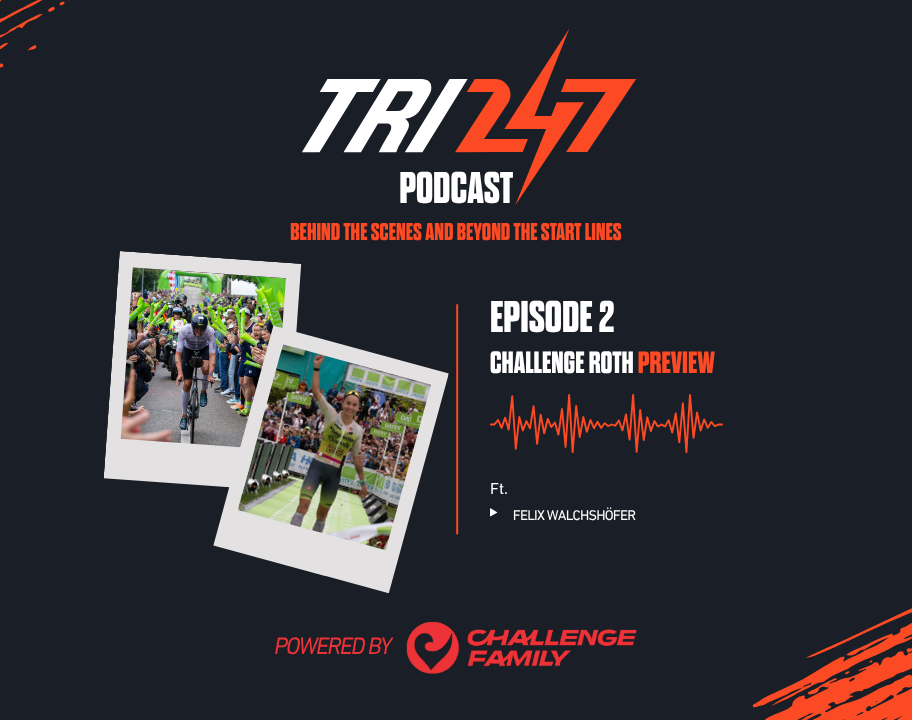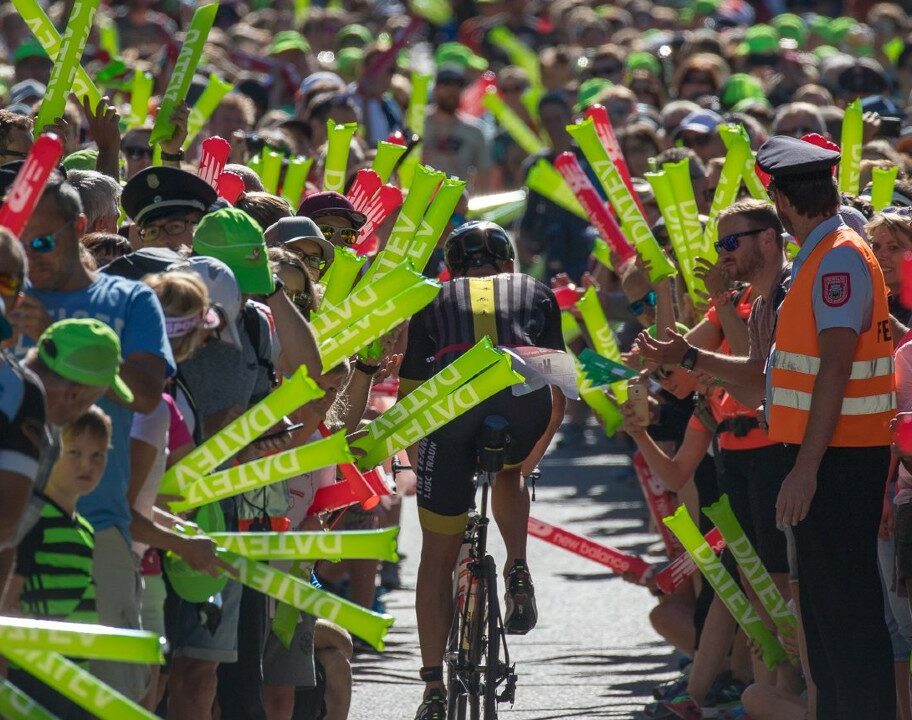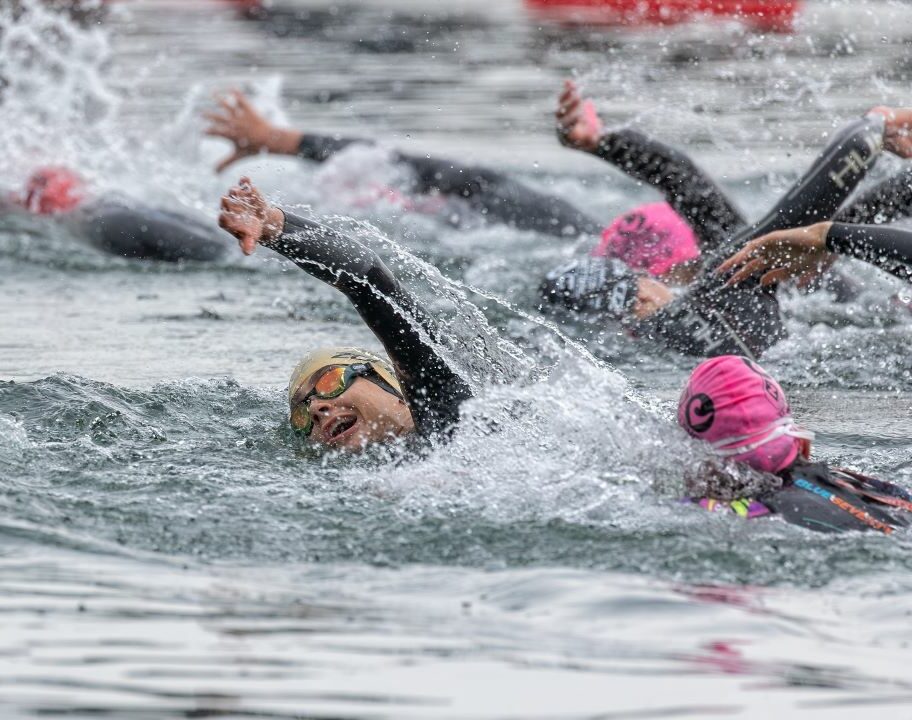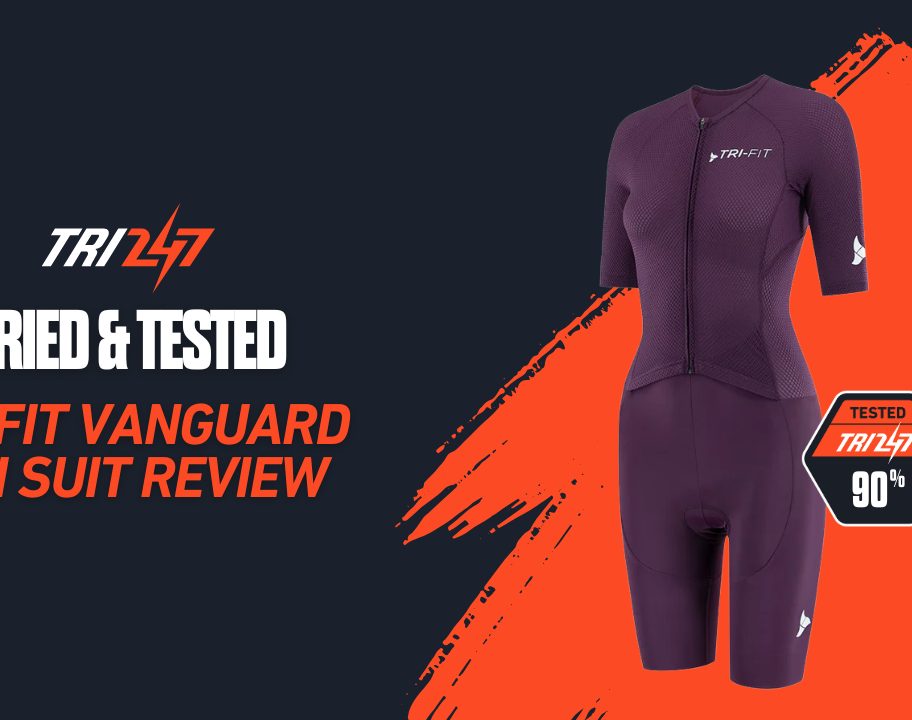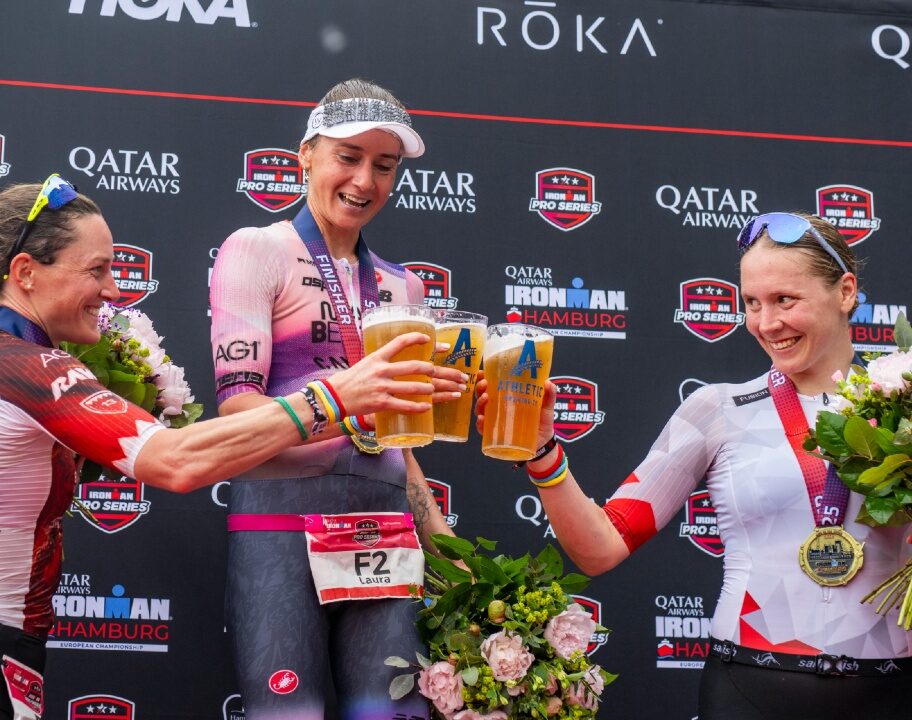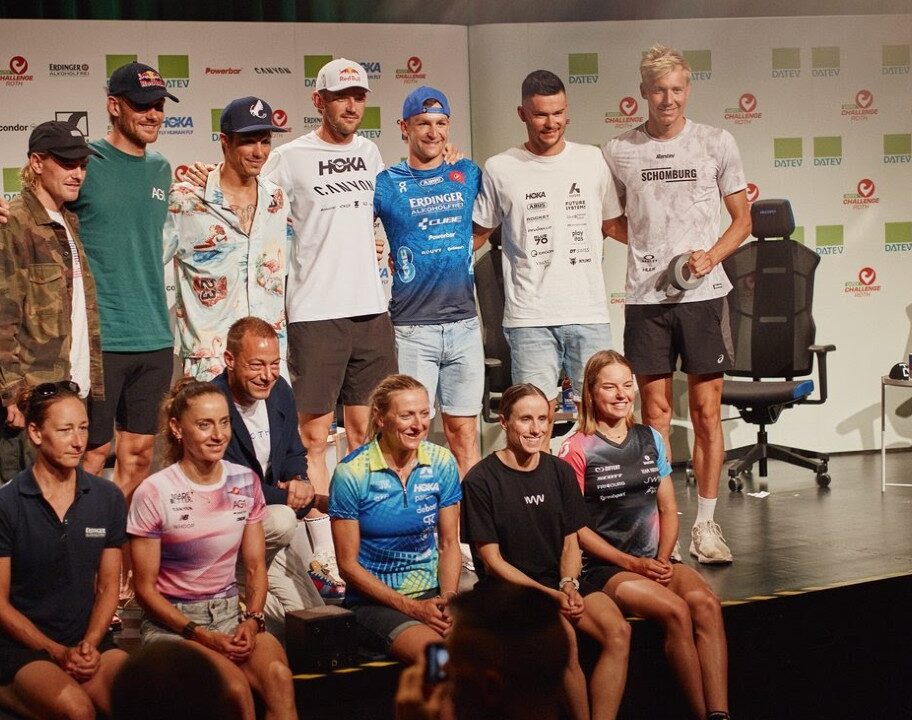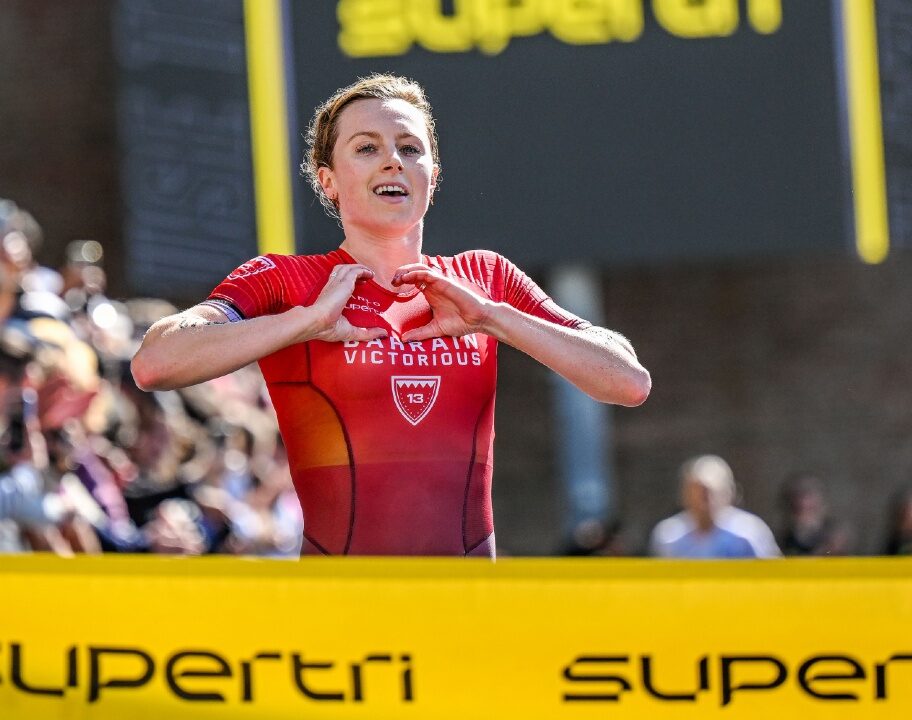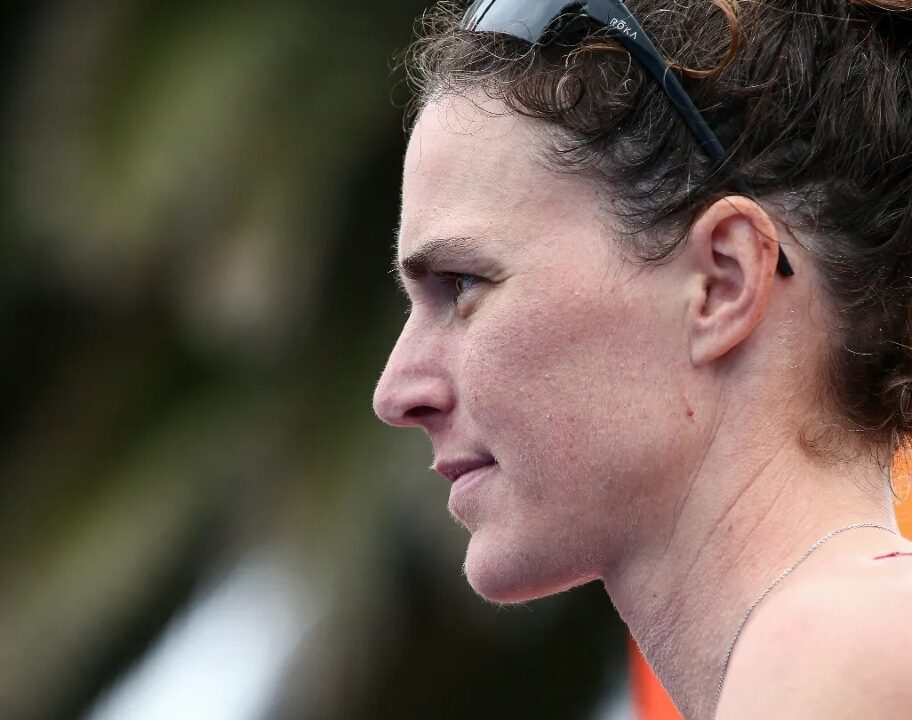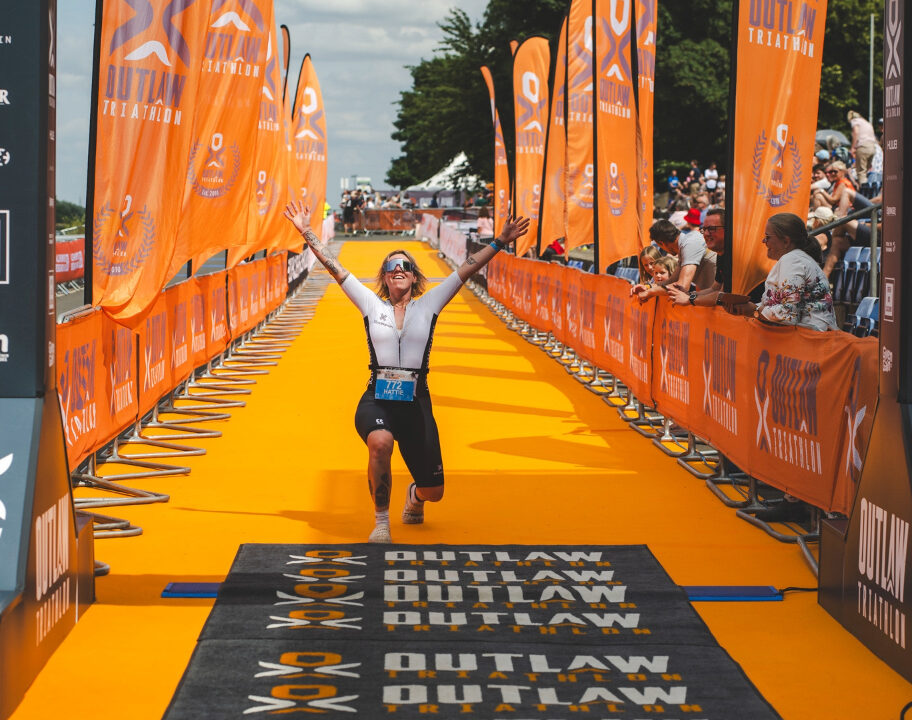Having proven over the past few years to be one of the very best long-distance athletes in the world, Brit Lucy Charles-Barclay is an inspiration to many people taking up the sport of triathlon.
Her IRONMAN 70.3 World Championship title and four Kona podiums, combined with her engaging and accessible online profile, have cemented her status as one of the leading influences for first-time participants.
In her most recent YouTube video, the PTO World #3 shares everything she wishes she knew before her first Ironman, offering great advice for anyone out there that’s looking at how to get started.
Ironman tips from Lucy Charles-Barclay
Working with esteemed coach Dan Lorang, Charles-Barclay has become one of the most consistent athletes in the sport and her first piece of advice for athletes with long-course ambitions is to seek advice or support from a coach.
She explained: “Depending on what you want to do in this first Ironman and what you want to achieve, I would say one of the best things you can do is seek out a coach or find someone who will give you advice along the way and put together a solid plan you will stick to.
“The worst thing you can do when you’re training for an Ironman is have to wake up and think what training you’re doing that day. You need to have a solid plan so even the day before training you know what you’re doing.”
Emphasising the importance of planning, Charles-Barclay highlights that a fundamental part of preparing to train for an Ironman is honestly assessing the time you can commit and working out your strengths and weaknesses.
“You want to look at when the race is, how many weeks you have to train for it and how much time you can give to your training each week based on other commitments, like work or family time. Then, you can look at how you will spread that training out over the week.
“You’ll also want to look at what your strengths and weaknesses are. If you’re a strong cyclist you might want to focus on your swim which might be your weakness for example. It’s all about just balancing things that way.”
“You also need to be flexible”
Whilst planning is key, balance and flexibility in training might be even more important, with Lucy stressing that a measured approach to training will help ensure you avoid burnout and injuries.
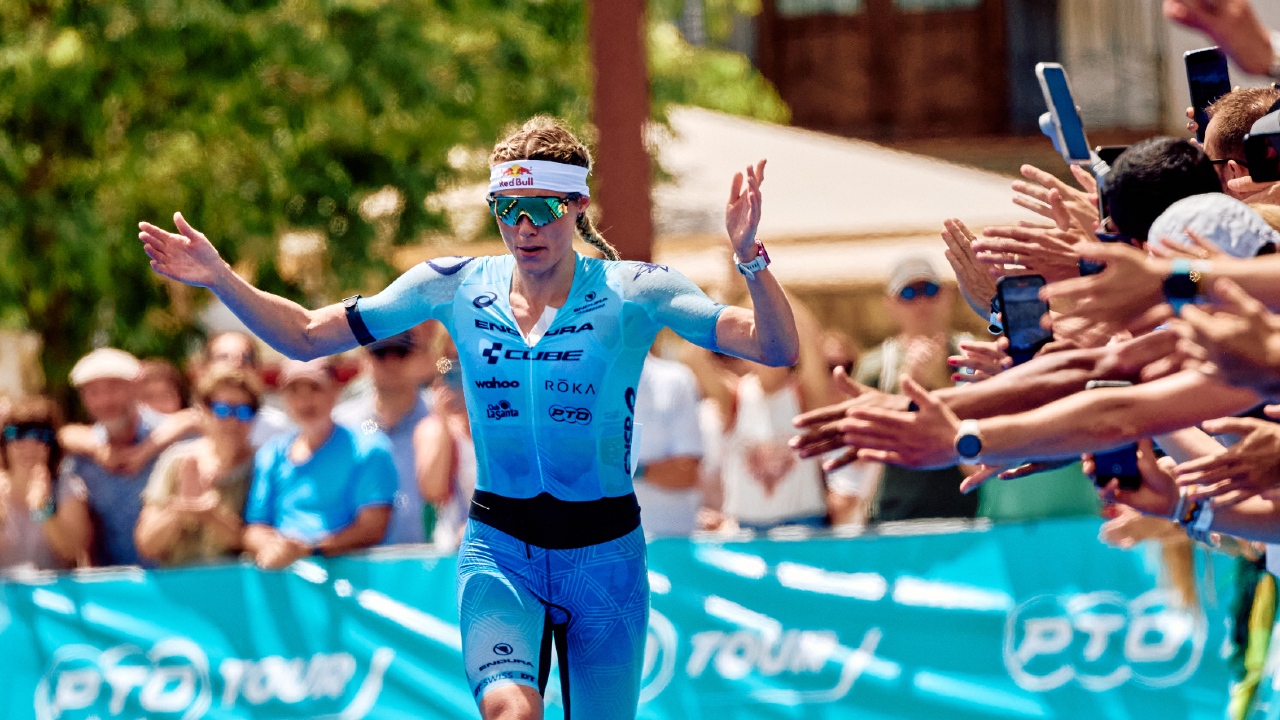
“If you have a solid plan you can follow, you can work everything else around that. However, if you do end up having a missed session, don’t stress as you have to also be flexible depending on how you feel.
“It is important to not get too too bogged down by the training plan and think you have to do everything perfectly. I change little parts of my plan on a weekly basis based on how I feel, so just use the schedule as a guide to make your life easier.”
Finally, the Brit believes patient progress is a very important factor, as she warns that ramping up the training instead of building things up slowly can hamper progress in the long run.
“I also think it’s really important if it’s your first Ironman to build up your training gradually, don’t go from zero to hero and just be realistic with where you’re at and where you want to be.”


